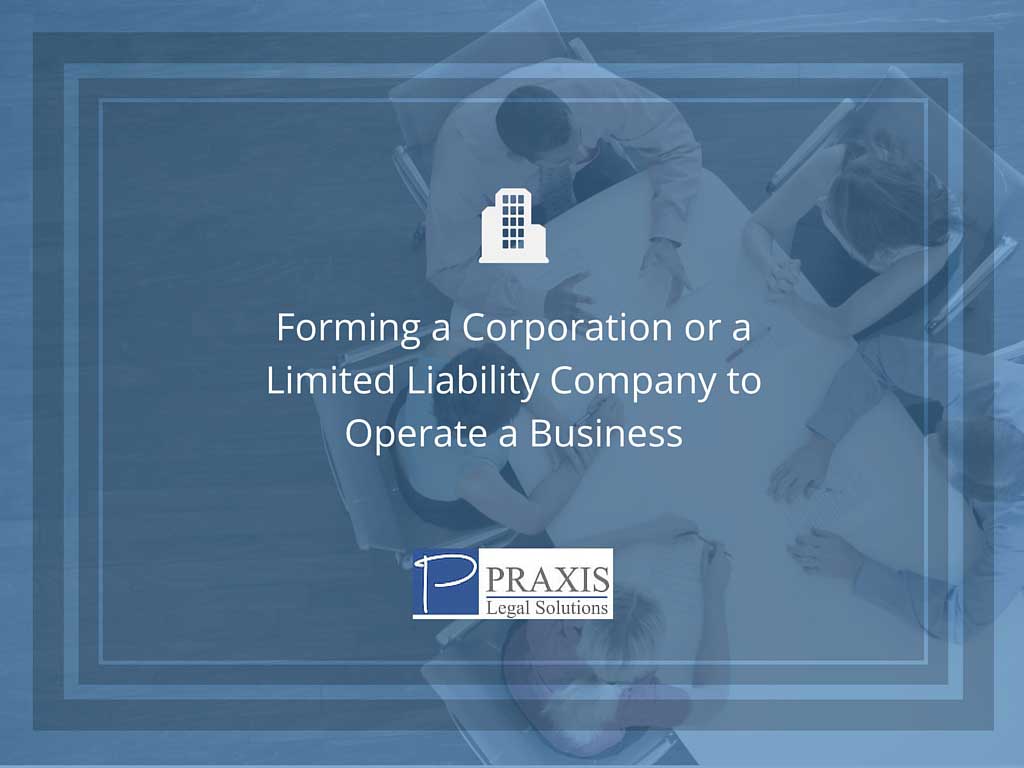 For business owners who have developed high-concept, replicable businesses, especially those with clever or memorable trademarks, leveraging the reputation and the trademark of a business can generate a revenue stream distinct from that of the sale of the business’s goods or services. A business owner who has achieved significant market penetration in a local or regional area will often consider franchising as a way to monetize the value of his or her brand and reputation. Automobile sales, restaurants, tools, home health care, consulting services, hotels, retail sales and cleaning and repair services are all sectors with significant numbers of franchise operations.
For business owners who have developed high-concept, replicable businesses, especially those with clever or memorable trademarks, leveraging the reputation and the trademark of a business can generate a revenue stream distinct from that of the sale of the business’s goods or services. A business owner who has achieved significant market penetration in a local or regional area will often consider franchising as a way to monetize the value of his or her brand and reputation. Automobile sales, restaurants, tools, home health care, consulting services, hotels, retail sales and cleaning and repair services are all sectors with significant numbers of franchise operations.
Selling franchises is not simple
Getting paid for the use of trademark or process is an attractive proposition, but implementing a plan for doing so by selling franchises is a lot more complicated than might first appear.
The Federal Trade Commission regulates franchising at the federal level. The FTC Franchise Rule defines a franchise as an arrangement:
- Providing for the sale of goods or services under a trademark;
- Providing for significant assistance and control in connection with the marketing and sale of goods or services; and
- Requiring payment in exchange for the use of the trademark.
The FTC Franchise Rule is a disclosure law, and franchisors are required to prepare and deliver to each prospective franchisee a detailed disclosure document that is in many ways similar to the disclosures required under federal securities laws. The FTC Franchise Rule, however, does not require registration of franchise offerings.
In addition to the FTC Franchise Rule, many states have their own franchise laws. In general, a state’s franchise law will apply if:
- An offer or sale of a franchise is made in the state;
- A franchise is located in the state; or
- The franchisee is a resident of the state.
Disclosure requirements varies from state to state
Fifteen states require registration in addition to disclosure. Because the disclosure requirements vary from state to state, most franchisors use the Unified Franchise Offering Circular (“UFOC”), which is accepted in all states. A common requirement in the disclosure states is the continuing obligation to update the UFOC each time a franchisor makes a change in the terms or conditions of the franchise arrangement.
Complying with the regulatory requirements for the offer and sale of franchises can quickly become time-consuming and expensive, and can discourage those who lack deep reserves of patience and funding.
Licensing simplifies leveraging

Business owners seeking a less burdensome way to leverage the value of a trademark and reputation should consider licensing. Licensing provides for the use of a trademark without the need to comply with either registration or disclosure requirements. However, in structuring licensing agreements, care must be taken to avoid imposing terms and conditions on the licensee that will result in the creation of a franchise and the imposition of regulatory requirements.
Difference between licensing and franchising
The hallmark of a franchise is the nature and extent of the control that a franchisor exerts over the operation of a franchisee’s business. In contrast, a licensing arrangement allows a licensee considerable freedom in the operation of his or her business.
The difference between licensing and franchising is, a licensee must be free to sell products or services in addition to those of the licensor, and may not be required to promote or advertise the licensor’s products. Licensors may not control the time and manner of licensee’s performance, and may not hire or fire a licensee’s employees, or determine compensation. A licensor may not prescribe a business or operating system or manual, and may not monitor the financial performance of the licensee’s business. A licensing agreement should explicitly state that the parties do not intend to enter into a franchising agreement.
Agreement on trademark use
A licensing agreement is essentially the right to use a trademark in connection with the marketing and sale of products or services. Given that the purpose of a trademark is to identify the source of a product, and distinguish it from competing products, licensors are entitled to assert a degree of quality control to ensure that the products sold under their name are in fact their products; that they are sold for their intended purpose; and that, at sale, they meet standards for merchantability and fitness for their intended use.
Better business relationship experience
Licensing is a useful tool for leveraging the appeal of a trademark, and can provide valuable relationship experience for a business owner who wants to go to the next level and franchise his or her business.







 Mind Your Formalities
Mind Your Formalities Summer Time / Vacation Time
Summer Time / Vacation Time Over-billing. Client, Beware.
Over-billing. Client, Beware. Yes, Virginia; You Really Should Have an Operating Agreement.
Yes, Virginia; You Really Should Have an Operating Agreement. Enforcing Confidentiality Agreements
Enforcing Confidentiality Agreements
Leave a Reply